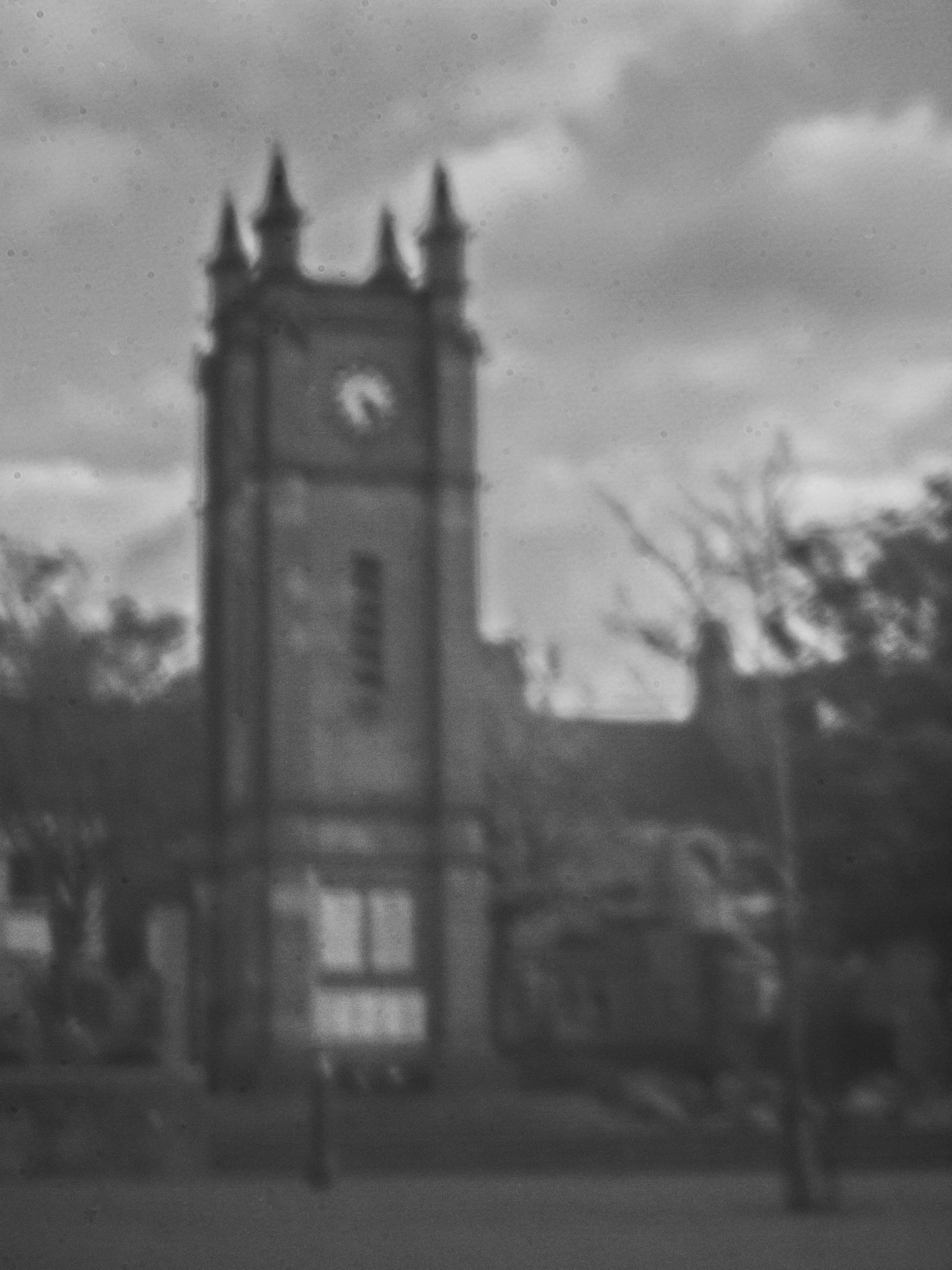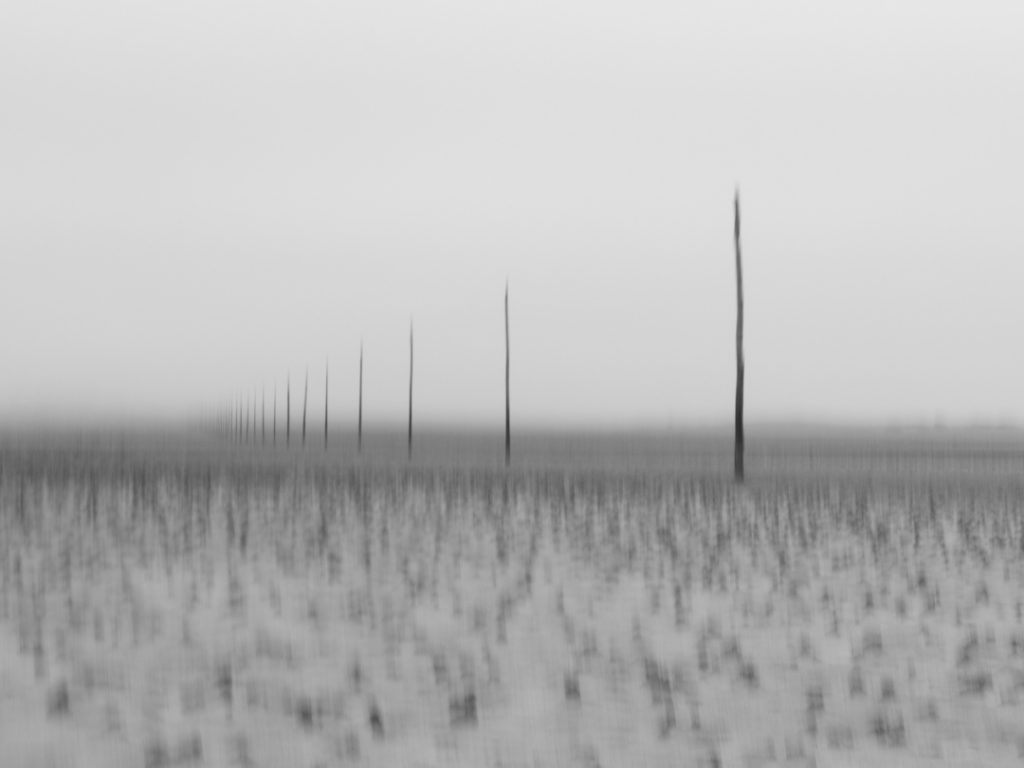
Camera Obscura
17th March 2019
Manual controls and when to use them.
3rd July 2019I’ve written before about choosing a new camera and why you should stick with what you have. But, we may want to augment our kit with by buying lenses. There are ways to cut costs and pitfalls to avoid.
It’s all good quality
I remember when I was in my late teens buying a low quality cheap zoom lens for my film SLR. It was rubbish! The images were never that sharp, the colour rendering was off and there was a heavy vignette.
Now, even standard grade kit lenses are great. There is absolutely no reason why you should not be able to achieve great results with a kit lens. Yes, pro lenses are faster and the glass is better and you can notice the difference, especially when you pushed to the extremes. But the price of high-quality glass is daunting and for day-to-day photography consumer lenses are perfect. How do we choose when we are buying lenses?
If you are upgrading the glass, that will make a bigger difference to your images, more so than buying a new camera. Your ability to control the settings of the camera make a bigger difference still. But, it is your ability to see and take a great photo that make the real difference. Having all the gear does not a great photographer make. So learn photography before you invest your money in extra stuff!

Up went the prices
When the pound crashed following the Brexit referendum, a lens I wanted suddenly cost 20% more. Cameras also increased in price, some by more than £200 in six months. Photographers writing in forums have noticed more big price rises recently too.
In this climate of continuing austerity and when our weekly shopping bill seems to go up and up, I’m often asked about buying lenses and other equipment for less. Where does a photographer find a good deal?

Buying lenses second hand
For environmental reasons I am very much into reusing, recycling and buying used equipment. I do take care purchasing second-hand gear; stolen goods appear on online auctions and on social media market places. But, some reputable camera shops have amazing offers on pre-owned equipment and some will even give up to two-years’ warranty. Retailers such as Camera Jungle, Wex, Harrison Cameras, London Camera Exchange and MPB are all worth checking out.
Although they are good for buyers, some don’t seem to be that generous with what they offer to those wanting to sell their equipment. But, they are in business to make a profit. If you are an expert seller on Ebay with a good reputation, then that might be a route for you to sell your gear.
If you find a nice bit of used kit, don’t assume it’s a good price though; do compare used equipment prices with new. Also, moving parts wear out. The general condition of a lens will suggest its previous use but some can develop faults such as sticking aperture blades, fungus inside the lens and scratches on the glass. Look for excellent or mint condition lenses.

The price is never right
Why is there never a camera gear price war in the shops? Camera manufacturers only sell through authorised dealers. Speaking with a buyer for a retailer, I was told, “We are not supposed to talk about it, but almost all manufacturers of electronics goods insist on a minimum retail price. If we try to sell their products more cheaply, they’ll stop supplying them to us.” This vertical price fixing may not be illegal, but it does not serve the consumer well.

Grey Goods – buying lenses cheaply from overseas.
There is one tempting apple for a lot of photographers, and that is the purchase of ‘grey goods’. Buying lenses and cameras on the grey market brings its own risks.
Unregistered dealers based outside the EU buy surplus stock in bulk from retailers. They advertise them cheaply and often without applying import duty or VAT. Too good to be true? You may well pay those taxes on delivery anyway and end up paying more than the shop price. You are actually obliged to pay those taxes even if Royal Mail doesn’t hold the goods back. Not paying is tax evasion, a criminal offence.
Furthermore, manufacturers may not guarantee goods bought in this way. Not all manufactures offer a worldwide warranty, and a serial number of a model sent to a market overseas won’t necessarily have a guarantee against failure in the UK. Olympus, who do have a worldwide warranty, told me that eligibility depends on the actual model. But, most importantly, along with the warranty card they require a copy of the original sales receipt. That receipt must include the date of sale, the price and VAT information. They say this policy is to avoid fraudulent claims. If you didn’t pay VAT, the warranty is not valid.
Also, just because a retailer overseas added 20% to the cost and claims it was VAT, it does not mean they are paying British taxes. Buyer beware!

Fakes – look out when buying lenses and cameras
Fakes litter the grey market too. Just as there are fake versions of watches, phones, batteries, infant formula and pharmaceuticals, there are fake cameras, lenses and accessories. Nikon have been particularly badly hit. These fakes are often financing the same gangs that traffic in drugs, people and arms. A good reason to avoid the grey market.
What lens should I be buying?
That’s a ‘how long is a piece of string?’ question. As a rule, try to buy as good a quality lens as you can afford, i.e. the one widest aperture. At first, try to avoid big overlaps of focal length; it’s a bit daft buying a 14-50mm lens if you already own a good 12-60mm.
Think about what sort of photography you want to achieve. A wide angle lens is great for landscapes, a macro is what you want for close-up shots, a standard-length prime lens might be ideal for portraits and still life and a long telephoto perfect for sports and wildlife.
DXOMark and other review sites give good reviews of lenses and test results. But remember that the reviewers are paid to be fussy and that the big name lenses are all pretty good, despite the varying test scores. Some less reliable reviewers may talk up their advertisers’ equipment and talk down those where there is no financial incentive.
There are some new brands on the market, such as 7Artisans, and these are getting great customer reviews and are really affordable. There is also novelty glass, such as fisheye and Lensbaby lenses. They are good fun, but how much are you going to use them? Will the novelty wear off?
Your friendly neighbourhood camera shop
Finally, a word for your local retailer. There is a lot to be said for visiting your neighbourhood camera shops. You are likely to get a person who knows about what they are selling, and you are helping support your town’s economy, keeping people employed. Small businesses are less likely to be avoiding or evading paying their taxes like some big online businesses. Buying lenses and cameras from a small retailer can make a big difference. Feel free to contact me too if you are stuck knowing which lens to buy.
In my next post, I’ll be writing about legacy lenses.




